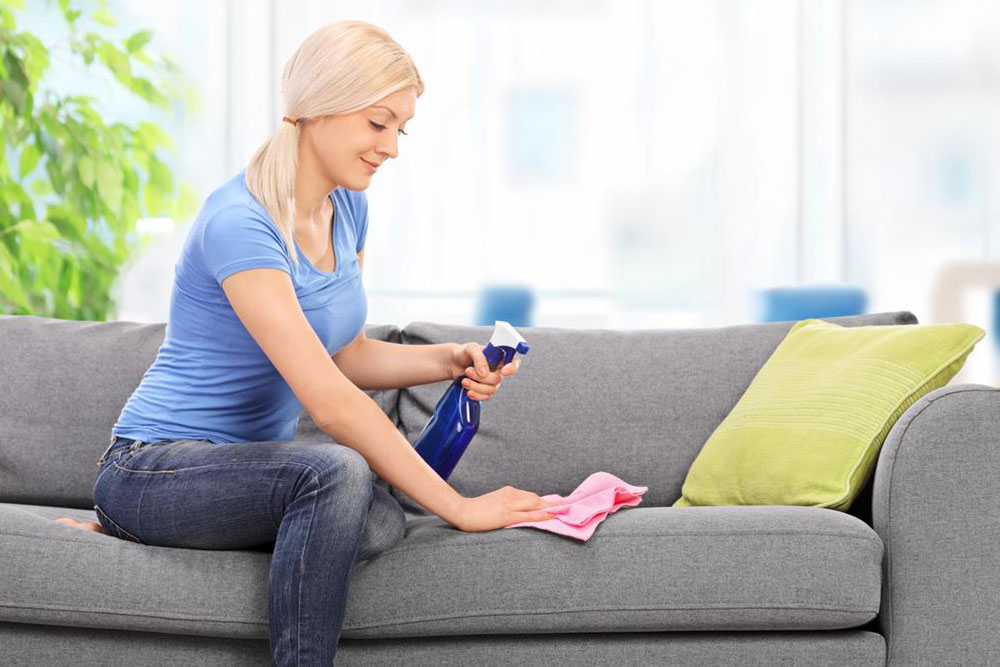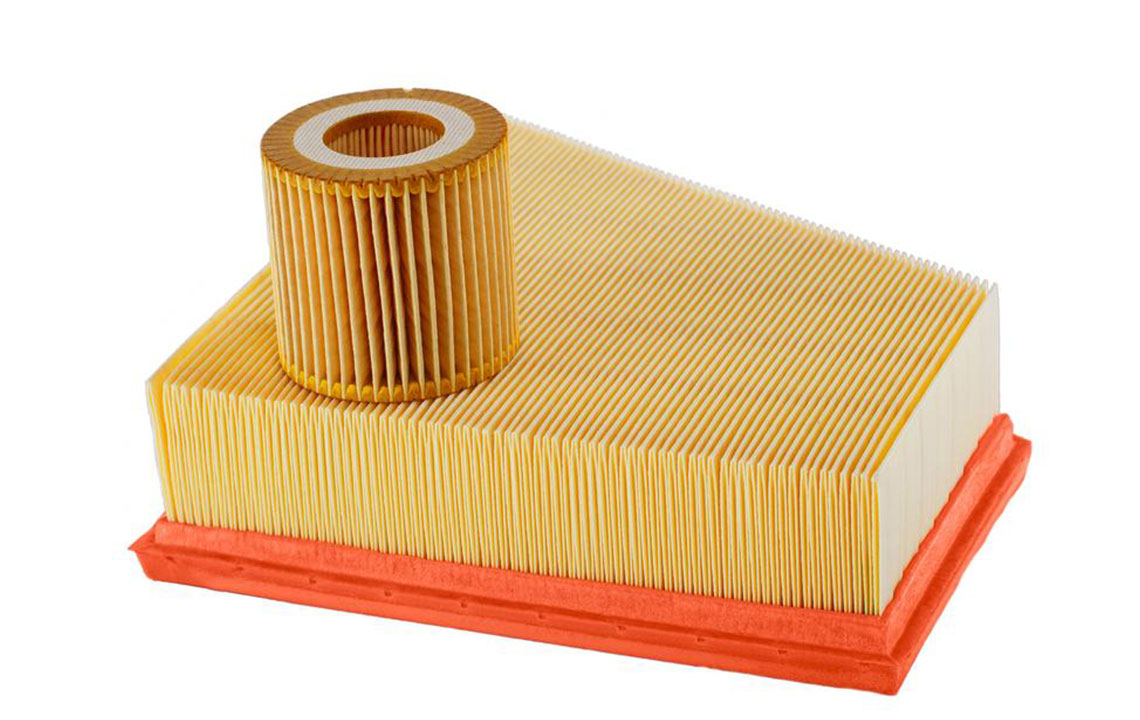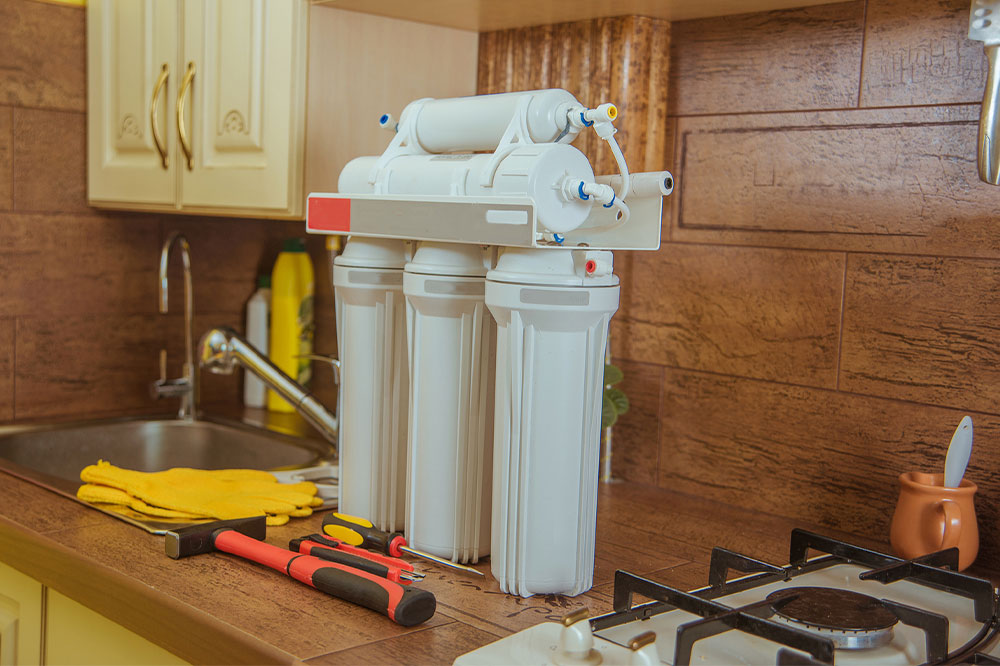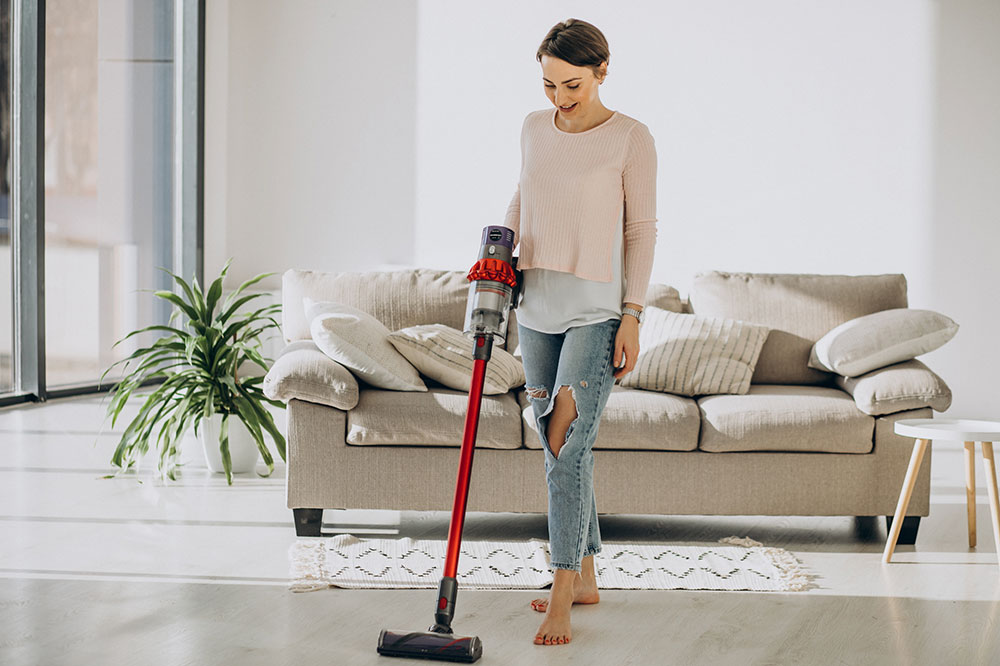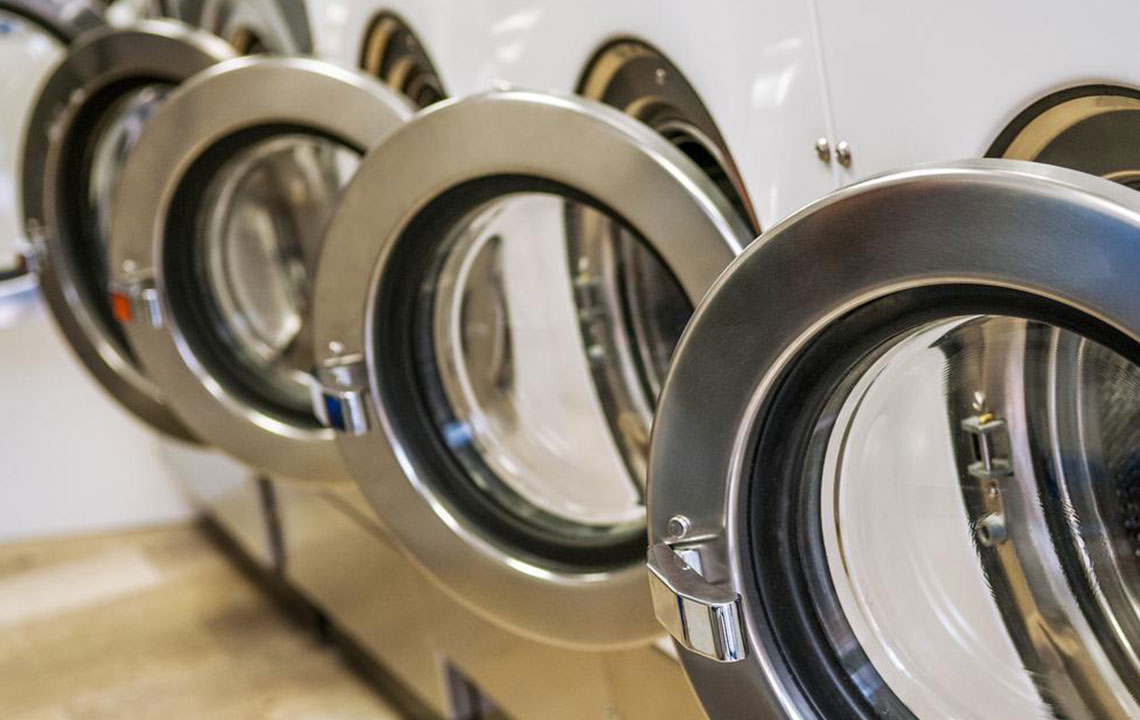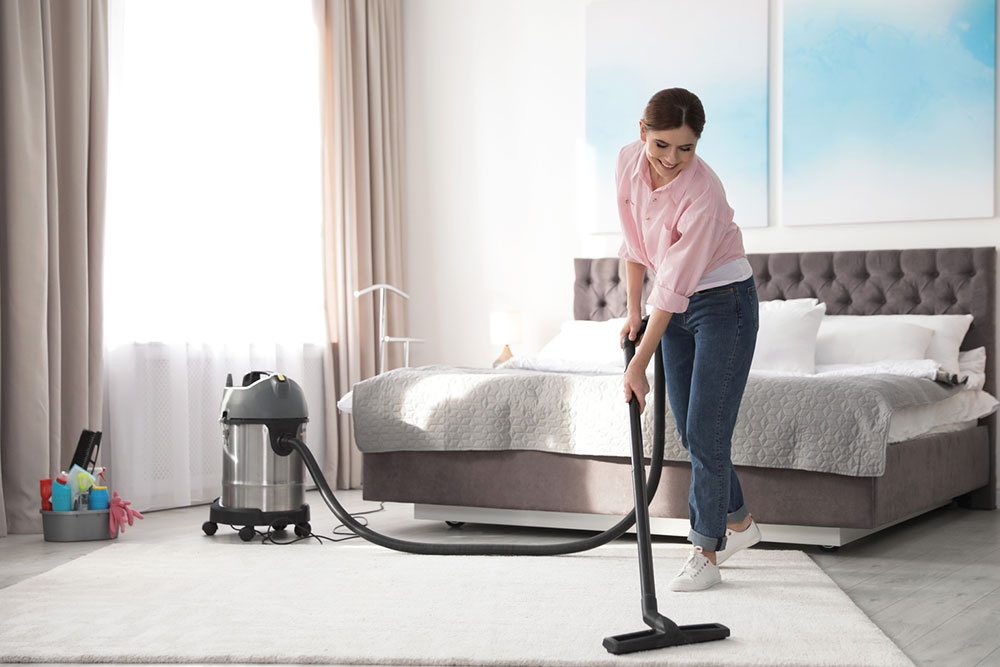Effective Tips for Creating an Allergy-Free Living Environment
Learn practical strategies to reduce allergens and create a healthier, allergy-free environment at home. From effective cleaning techniques to air purification and home modifications, these tips help allergy sufferers breathe easier and enjoy a safer living space.
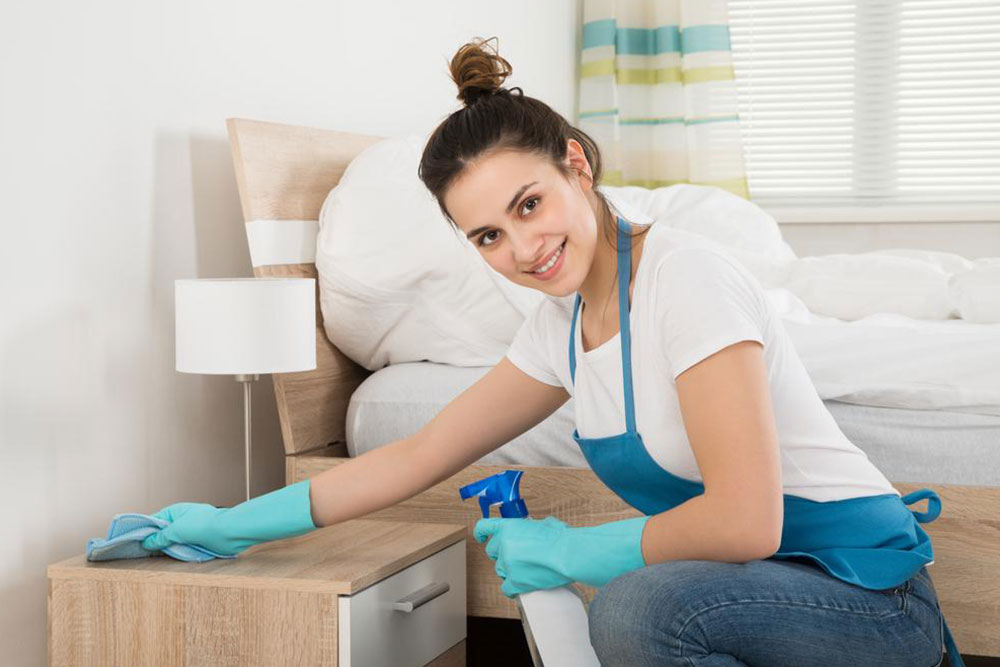
Effective Tips for Creating an Allergy-Free Living Environment
Maintaining cleanliness is crucial to prevent allergies and health issues at home. Dust and dirt have long been linked to illnesses and allergic reactions. A simple dust allergy can lead to more severe health problems if neglected. If you experience symptoms like congestion, sneezing, skin irritations, red eyes, itching, or asthma, it's time to deepen your cleaning routine. Wearing a mask during cleaning helps avoid allergen exposure, especially if you already have sensitivities.
Wear a mask before cleaning to prevent allergens and dust from entering your system.
If you suffer from allergies, use a mask when operating vacuums or mops.
Choose high-quality cleaning appliances
Regular cleaning is essential, using effective tools like vacuum cleaners, mopping machines, and washing machines. Opt for vacuums with HEPA filters, which trap allergens more efficiently than standard filters, reducing airborne allergens. Proper filtration minimizes polluting particles in your home environment.
HEPA filters help create a healthier, allergen-free space.
Cleaning and mold prevention tips
When cleaning kitchens and bathrooms, focus on mold removal by scrubbing affected areas thoroughly. Use disinfectants on dishes and utensils to eliminate germs. Wash clothes in hot water to ensure they are germ-free, especially for allergy sufferers.
Use wet mops for floor cleaning to trap allergens instead of just sweeping. Incorporate disinfectants to reduce irritants and consider using air purifiers to improve indoor air quality. For allergy-prone individuals, avoiding carpets and rugs is recommended, as these are common allergen reservoirs. Instead, opt for tile, marble, or wooden floors for easier cleaning and fewer allergens.
People sensitive to fragrances should avoid room fresheners. Instead, use natural flowers to add freshness without triggering allergies. Wash pillow covers every four days and vacuum upholstered furniture like sofas regularly, as these are allergen hotspots.

